Totally confused with land and construction loans....
jmjmommy
15 years ago
Featured Answer
Sort by:Oldest
Comments (8)
bevangel_i_h8_h0uzz
15 years agolast modified: 9 years agoRelated Professionals
Beachwood Architects & Building Designers · Madison Heights Architects & Building Designers · Panama City Beach Architects & Building Designers · Royal Palm Beach Architects & Building Designers · Palos Verdes Estates Design-Build Firms · Rantoul Home Builders · Clayton Home Builders · North Ridgeville Home Builders · Alhambra General Contractors · Channelview General Contractors · Conneaut General Contractors · Elgin General Contractors · Gallatin General Contractors · Great Falls General Contractors · South Windsor General Contractorsterrypy
15 years agolast modified: 9 years agobdpeck-charlotte
15 years agolast modified: 9 years agomeldy_nva
15 years agolast modified: 9 years agosniffdog
15 years agolast modified: 9 years agojmjmommy
15 years agolast modified: 9 years agosniffdog
15 years agolast modified: 9 years ago
Related Stories
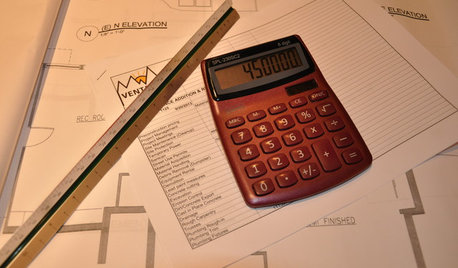
CONTRACTOR TIPSLearn the Lingo of Construction Project Costs
Estimates, bids, ballparks. Know the options and how they’re calculated to get the most accurate project price possible
Full Story
REMODELING GUIDESConstruction Timelines: What to Know Before You Build
Learn the details of building schedules to lessen frustration, help your project go smoothly and prevent delays
Full Story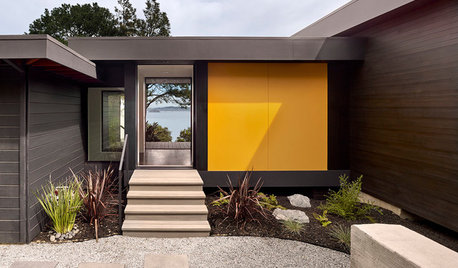
BUDGETING YOUR PROJECTConstruction Contracts: What to Know About Estimates vs. Bids
Understanding how contractors bill for services can help you keep costs down and your project on track
Full Story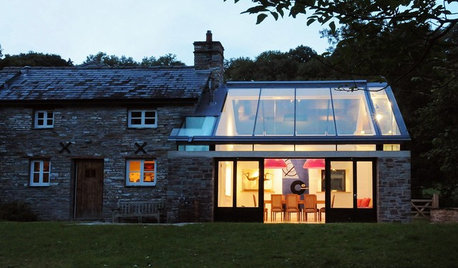
BUDGETING YOUR PROJECTDesign Workshop: Is a Phased Construction Project Right for You?
Breaking up your remodel or custom home project has benefits and disadvantages. See if it’s right for you
Full Story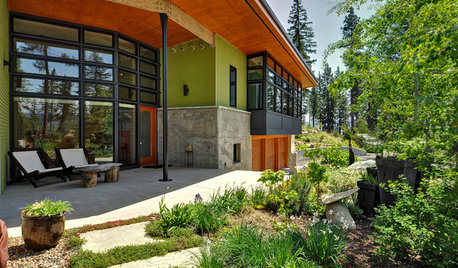
BUDGETING YOUR PROJECTConstruction Contracts: What Are General Conditions?
Here’s what you should know about these behind-the-scenes costs and why your contractor bills for them
Full Story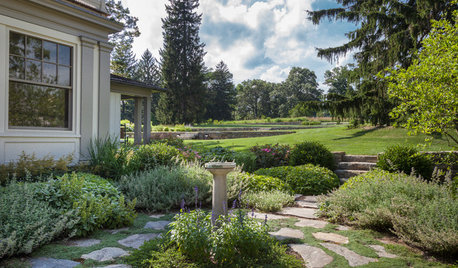
TRADITIONAL HOMESHouzz Tour: Connecticut Farm Restored for Generations to Come
A man renovates his extended family’s stately farmhouse and land. Sustainable practices are used in gardens, wetlands and recreation areas
Full Story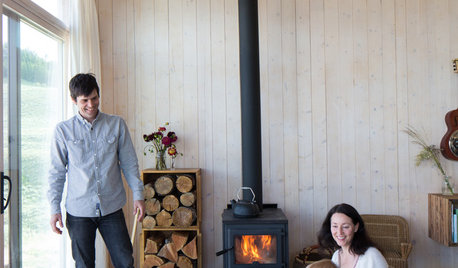
HOUZZ TOURSHouzz Tour: Family Builds Off the Grid Near the Cascade Mountains
Homeowners carefully construct a weekend home on 20 acres in remote northeast Washington
Full Story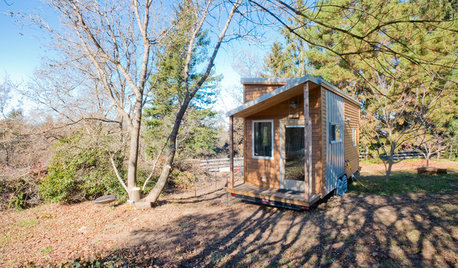
SMALL HOMESHouzz Tour: Rolling With Simplicity in a Tiny House on Wheels
Just 240 square feet, this California home encourages efficient living — but there’s still room for yoga
Full Story
DECORATING GUIDESCalifornia Law: License to Practice Interior Design?
A proposed bill that would require a license to practice interior design in California has Houzzers talking. Where do you stand?
Full Story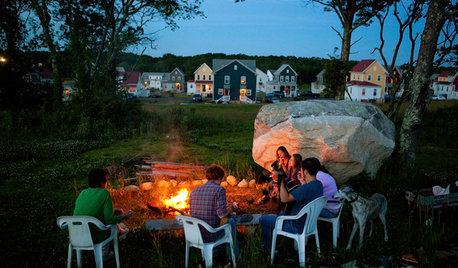
HOUZZ TOURSA New Community Flourishes in Rhode Island
Innovative affordable housing project offers new ideas for living with agriculture, art and each other
Full Story





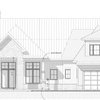

ponydoc